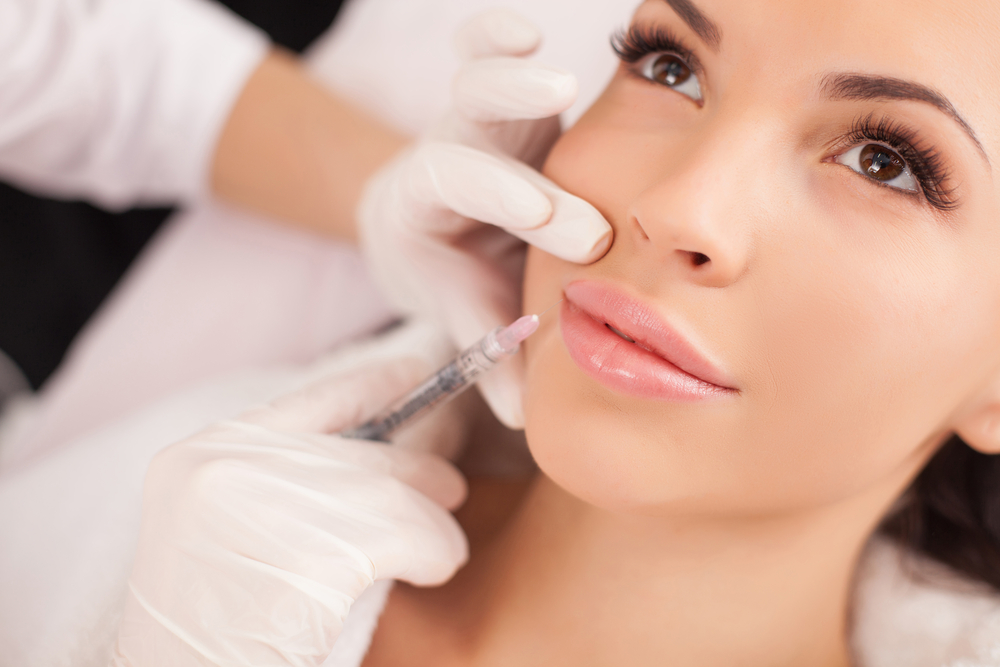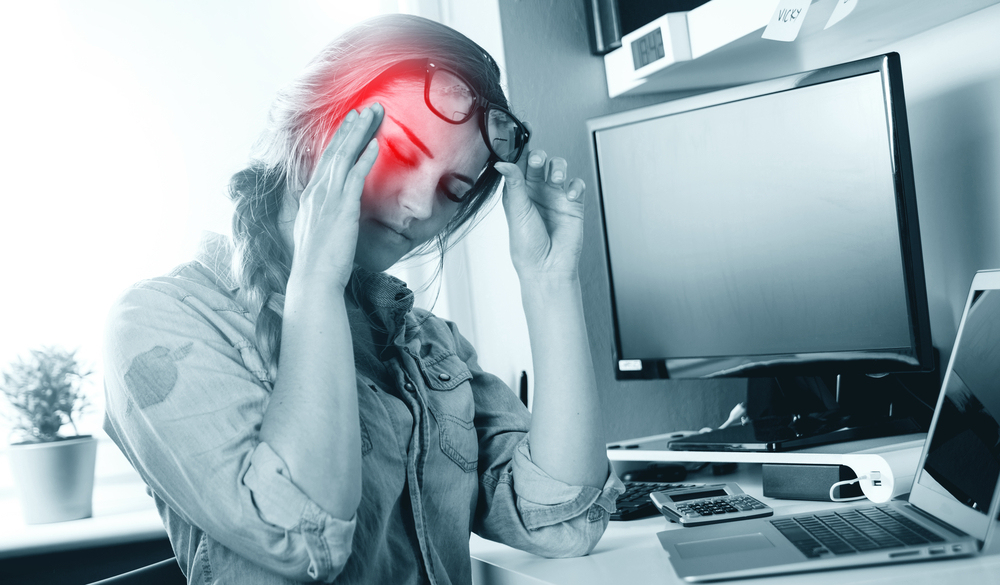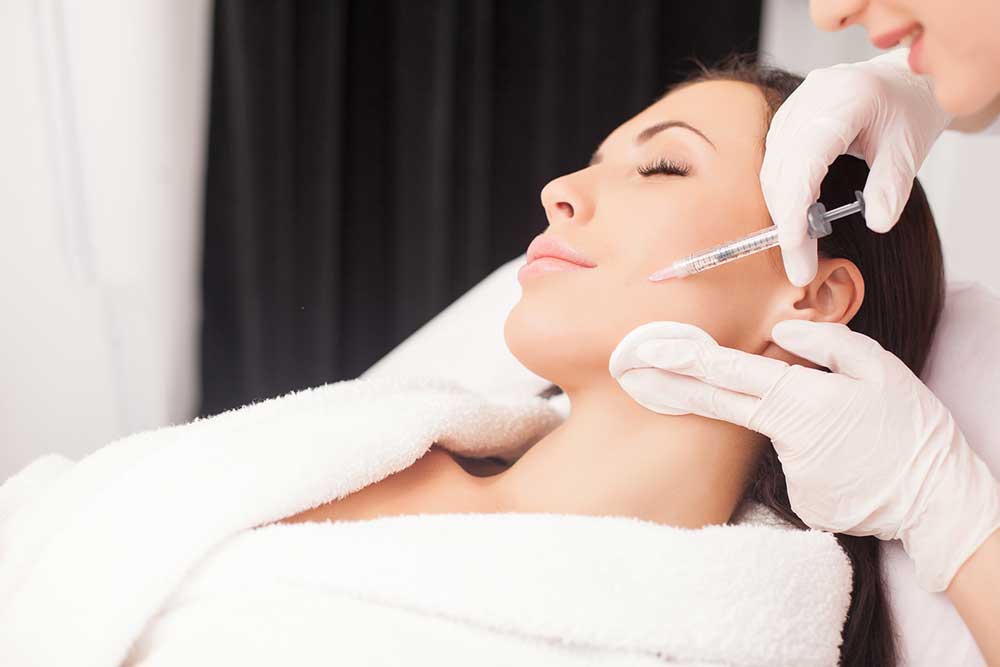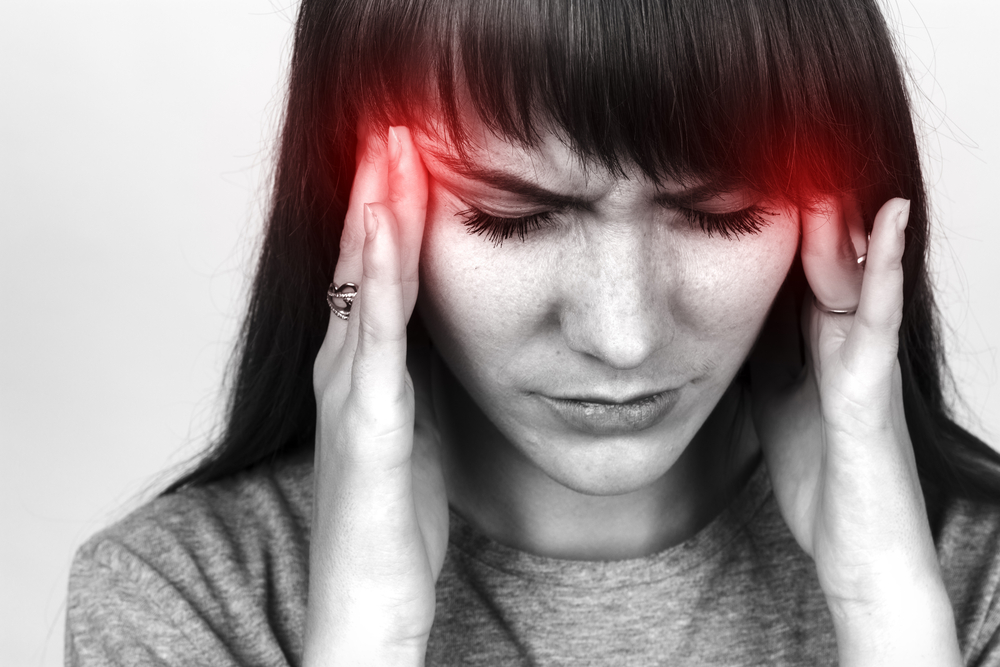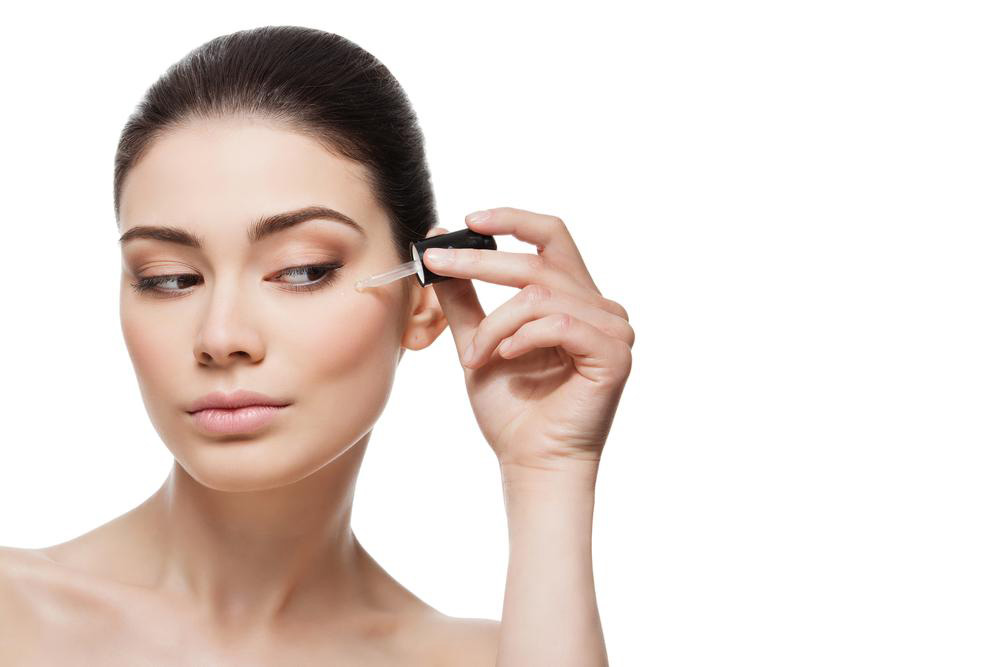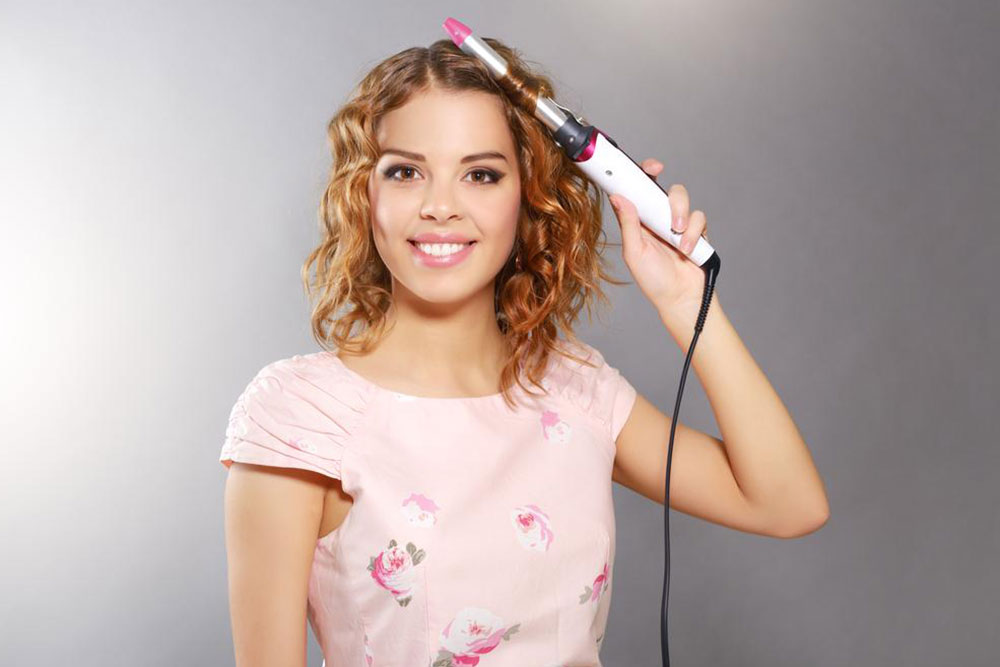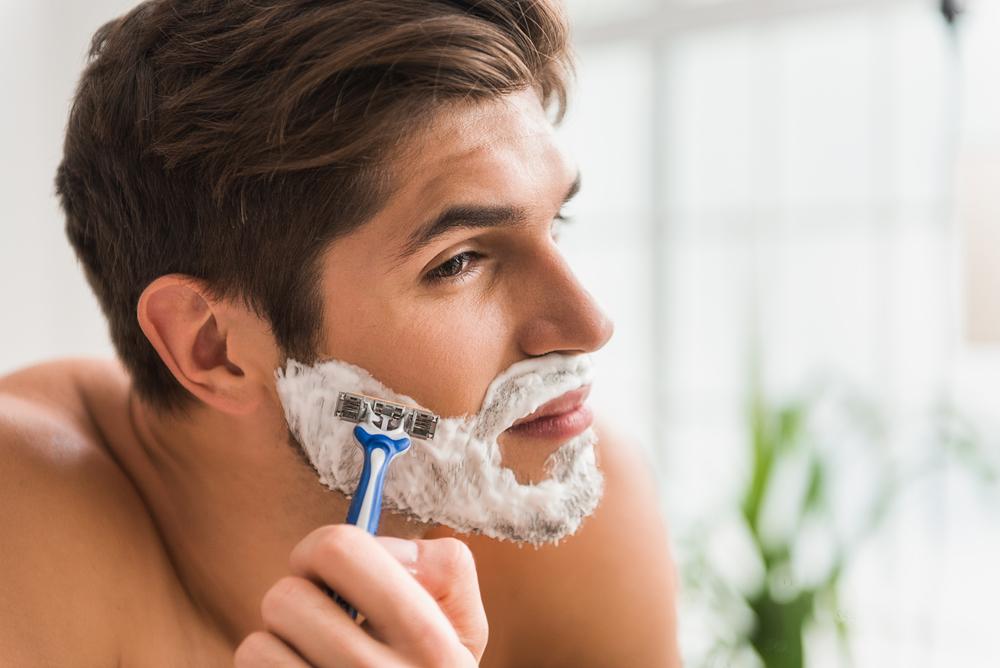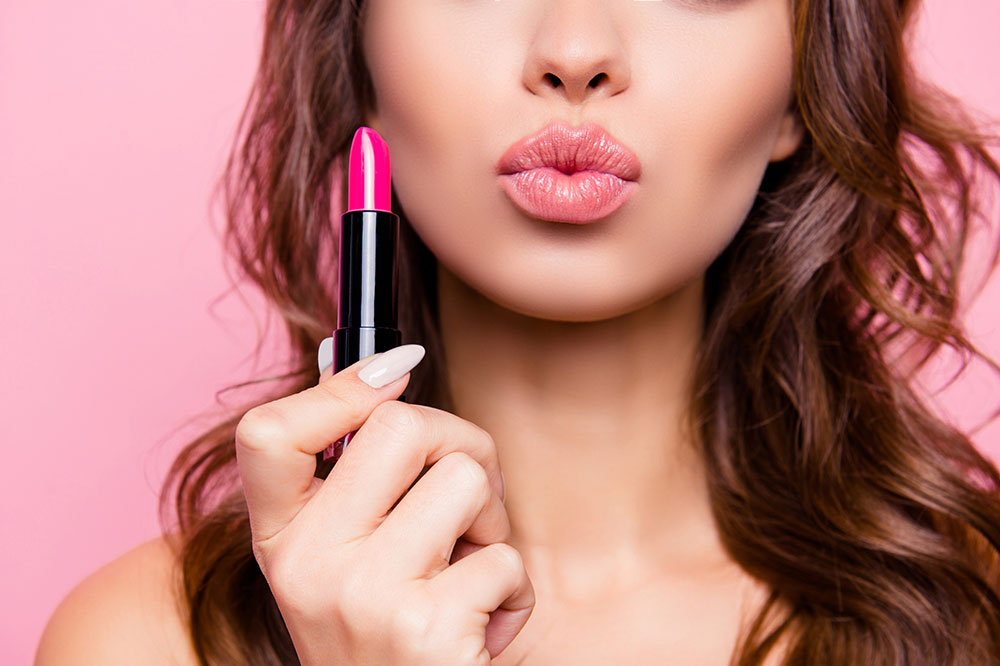Innovative Medical Applications of Botox Therapy
Discover the versatile medical uses of Botox, from migraine relief to excessive sweating and neck spasms. Learn about treatment costs and benefits. Stay informed with expert insights on this powerful therapy's diverse applications.
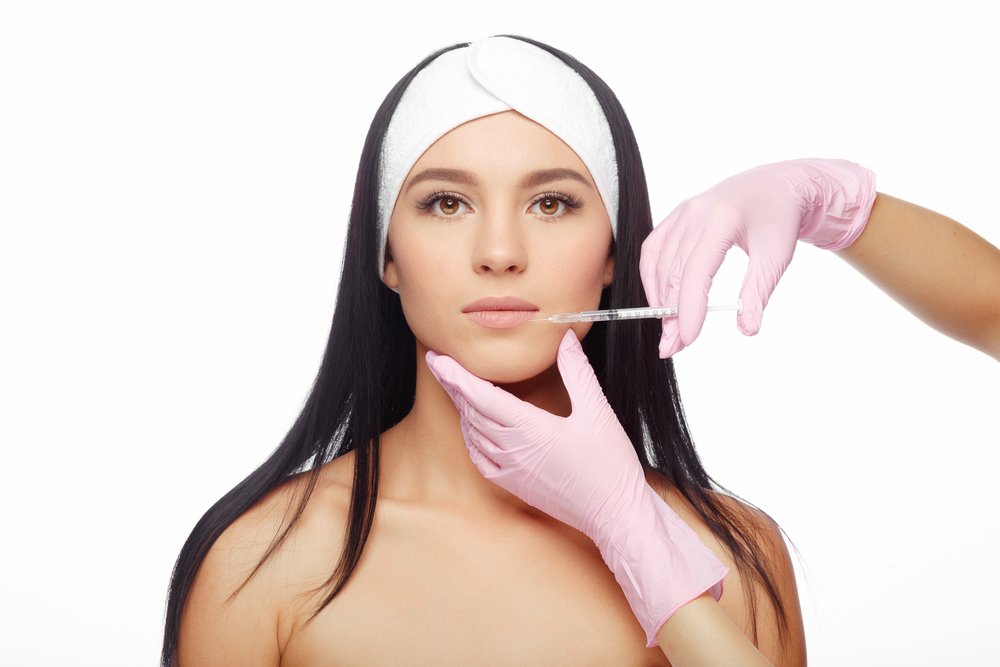
Innovative Medical Applications of Botox Therapy
Botulinum toxin, commonly known as Botox, works by blocking nerve signals to muscles, preventing contraction and maintaining shape. Although it is one of the most potent neurotoxins, controlled, small doses enable it to treat multiple medical conditions effectively.
While widely used for cosmetic enhancements, Botox also serves numerous therapeutic purposes. Treatment costs vary based on dosage and number of injections involved.
available botulinum toxin types
Market options include Botox, Dysport, Xeomin, and Myobloc. Treatment pricing is influenced by the type and amount of toxin used.
Here’s a detailed overview of Botox therapeutic uses and associated costs:
Chronic migraine relief
Approved by the FDA, Botox has proven effective in significantly reducing severe migraines. Patients report fewer headaches lasting two to three months after approximately 30 injections around the head and neck. Cost for 100 units typically starts at $525, depending on severity and dosage.
These treatments provide relief for migraines by targeting pain points effectively.
Neck spasm management
Botox offers beneficial results for cervical dystonia, alleviating intense neck spasms. Costs depend on the amount of toxin used to achieve desired outcomes.
Hyperhidrosis – Excessive sweating
In hot, humid climates, excessive underarm sweating can be problematic. Approved by the FDA, Botox injections effectively reduce hyperhidrosis severity, with treatment costs averaging around $1200, depending on individual needs.
Urinary incontinence
Botox is employed to treat overactive bladder, decreasing the frequency of leaks and urination urgency. Effectiveness varies, and treatment costs differ accordingly. Despite FDA approval, side effects limit widespread use.
Addressing depression
Emerging research suggests Botox may influence mood by preventing certain facial muscle movements, supporting positive expressions. Though promising, this application lacks FDA approval and remains experimental.
Premature ejaculation
Currently under investigation, Botox may delay ejaculation by relaxing muscles. Its potential in treating erectile dysfunction is also in clinical trial phases.
Strabismus correction
For crossed eyes, Botox injections are a quick and effective remedy. The average cost is around $300, with some Medicare rebates available. The procedure is simple, taking about six minutes, with minor recovery time.


